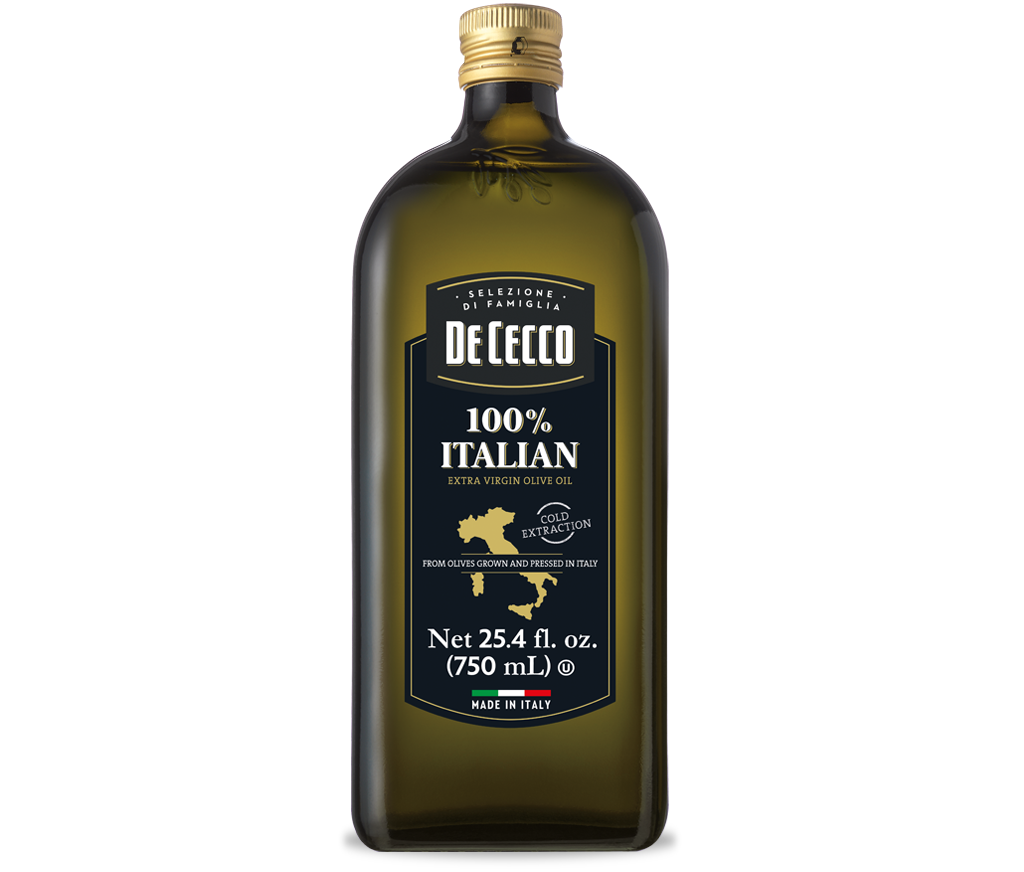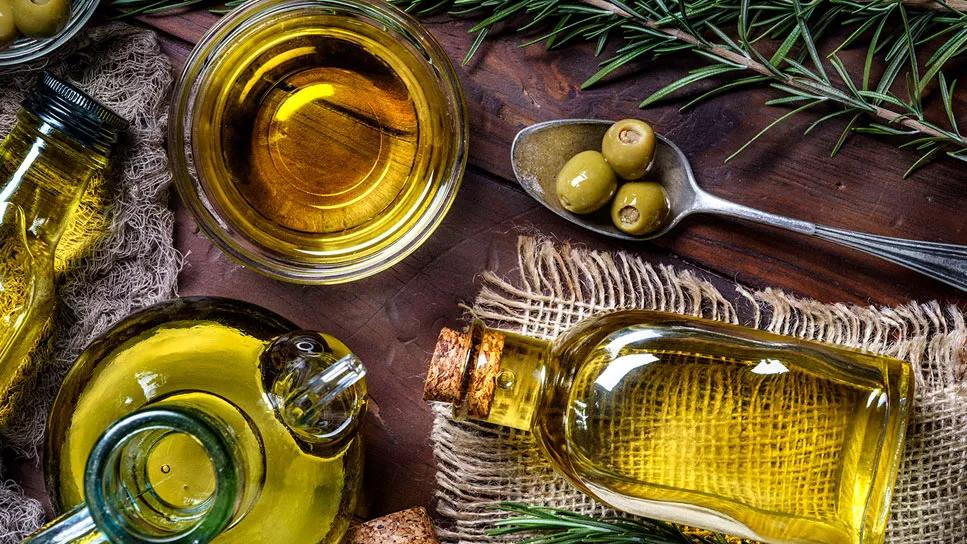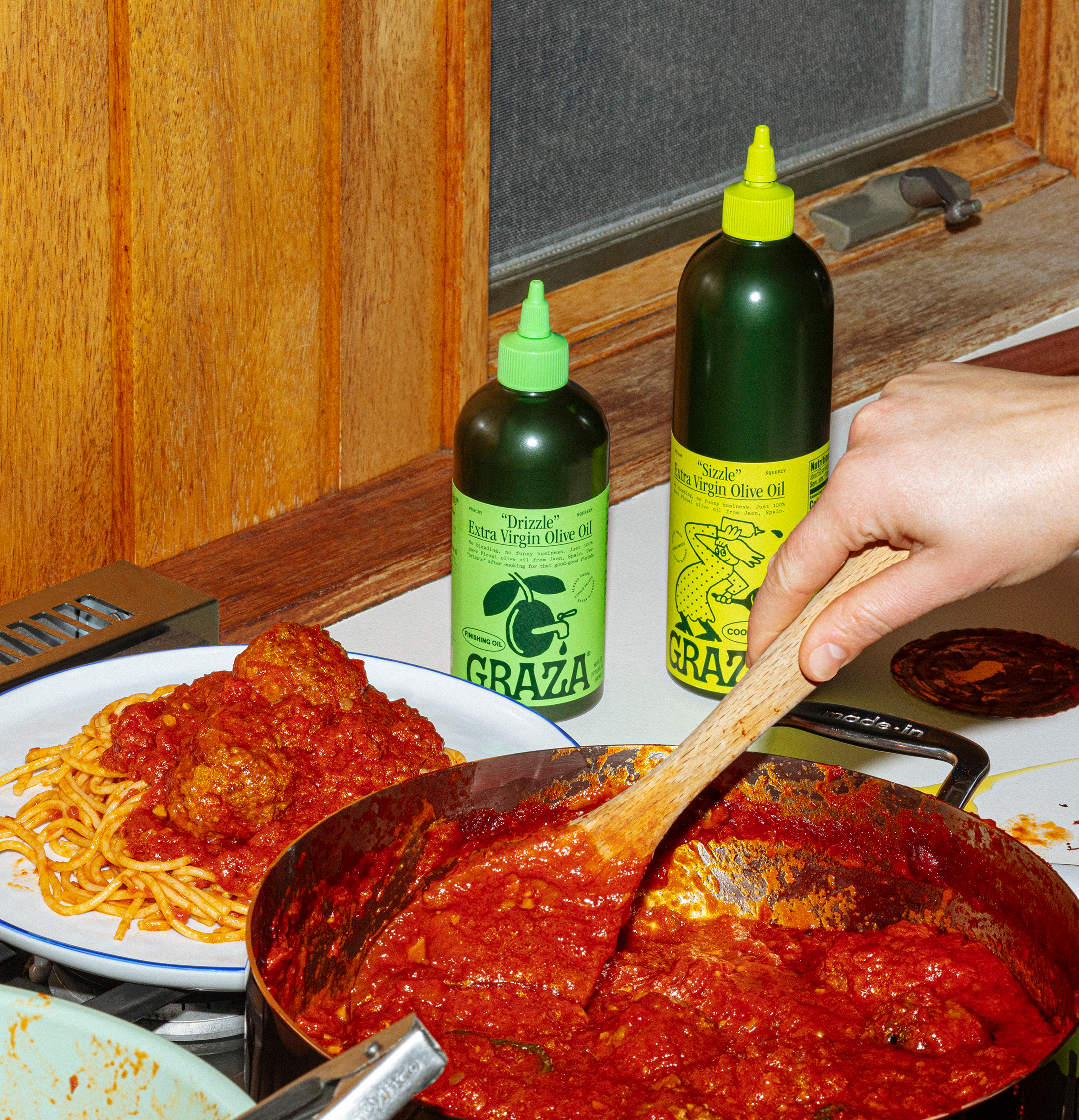How Extra Virgin Olive Oil Benefits Your Heart and Overall Well-being
Wiki Article
Exploring the Different Kinds Of Olive Oil and Their Uses, Consisting Of Bonus Virgin Olive Oil
The exploration of olive oil includes a diverse range of kinds, each offering unique flavors and culinary applications. Extra virgin olive oil, renowned for its premium quality and wellness benefits, serves as a staple in many kitchens, yet it is just one facet of this multifaceted active ingredient.What Is Olive Oil?
Obtained from the fruit of the olive tree, olive oil is a staple in Mediterranean cuisine and a crucial ingredient in different cooking applications. This versatile oil is generated by pushing entire olives, causing a liquid that differs in taste, scent, and color relying on the sort of olives made use of, the area of growing, and the extraction procedure. Olive oil is mostly made up of monounsaturated fats, especially oleic acid, which is understood for its prospective health and wellness benefits, consisting of anti-inflammatory buildings and cardio support.In enhancement to its cooking uses, olive oil has a lengthy background of application in traditional medicine and skin care, owing to its rich antioxidant material (extra virgin olive oil benefits). The oil is commonly made use of in dressings, sauces, and for cooking approaches such as sautéing and roasting. Its distinct flavor account can improve the taste of numerous meals, making it an important active ingredient for both home cooks and professional chefs
In addition, olive oil is celebrated for its role in the Mediterranean diet regimen, which is connected with various wellness advantages. As understanding of these benefits expands, olive oil remains to get popularity worldwide as an essential part of a healthy and balanced way of living.
Kinds of Olive Oil
Understanding the numerous sorts of olive oil is crucial for both cooking enthusiasts and health-conscious consumers. Olive oil is identified largely based upon its removal technique and top quality, which dramatically affects its taste, health, and scent advantages.
Light olive oil, in spite of its name, describes a lighter taste and not reduced calories. It is ideal for those looking for an extra subtle taste in dressings and sauces. Furthermore, there are flavored olive oils instilled with natural herbs, spices, or citrus, which can enhance meals without the demand for additional spices.
Each kind of olive oil serves details culinary functions, and comprehending these distinctions allows customers to make enlightened selections that straighten with their food preparation designs and health goals.
Additional Virgin Olive Oil
Extra virgin olive oil (EVOO) is widely considered as the finest quality olive oil offered, renowned for its abundant flavor and many wellness benefits. To be categorized as extra virgin, the oil has to be created from fresh olives utilizing mechanical processes, without making use of solvents or too much warm. This careful method maintains the oil's all-natural tastes, anti-oxidants, and healthy fats, causing an item with a low acidity level of less than 0.8%.EVOO is bountiful in monounsaturated fats, especially oleic acid, which is linked to lowered inflammation and improved heart health and wellness. It additionally consists of polyphenols, powerful antioxidants that may provide protective results versus persistent conditions. The flavor profile of EVOO can vary considerably depending upon the olive variety and area of manufacturing, ranging from fruity and grassy to robust and sharp.

Culinary Uses of Olive Oil

In food preparation, olive oil can be utilized for sautéing, roasting, and barbecuing, giving a much healthier option to butter or various other fats. Its high smoke point makes it suitable for different cooking techniques, while its anti-oxidants add to a heart-healthy diet plan. Sprinkling olive oil over ended up dishes, such as pasta, fish, or barbequed veggies, can raise tastes and add a touch of beauty.
Moreover, olive oil plays a significant duty in cooking, where it can change typical fats in dishes for bread and pastries, imparting wetness and a refined taste. It also description acts as a base for infused oils, enabling cooks to trying out tastes such as garlic, herbs, or chili, further increasing its culinary possibility. Generally, olive oil's flexibility makes it essential in both home and professional kitchen areas.
Picking Quality Olive Oil
When choosing quality olive oil, it's vital to think about numerous crucial elements that affect the product's fragrance, health and wellness, and taste benefits. Choose for extra virgin olive oil (EVOO), which is obtained from the very first cool pushing of olives and contains the greatest degrees of antioxidants and valuable substances. Search for oils that are licensed by identified organizations, as this commonly ensures adherence to strict high quality criteria.The packaging also plays a significant function in protecting the oil's honesty. Pick oils stored in dark glass bottles or tins to safeguard versus light destruction. Focus on important source the harvest date; Resources fresher oils supply superior flavor and nutritional value, so choose products that are within 18 months of their harvest.
Furthermore, take into consideration the beginning of the oil. High-grade olive oils frequently come from particular regions understood for their unique flavor profiles, such as Italian, Spanish, or Greek oils. Lastly, understand the taste; a high quality olive oil should have a balance of fruity, bitter, and sharp notes, showing its splendor and intricacy. By evaluating these factors, you can guarantee you are picking the very best olive oil for your cooking demands.
Verdict
In summary, the expedition of numerous kinds of olive oil exposes distinctive features and applications, with extra virgin olive oil standing for the peak of high quality due to its reduced acidity and high antioxidant content. Its convenience in cooking uses boosts flavors in dressings, marinades, and sprinkles. Comprehending the various varieties of olive oil enables notified options in food preparation techniques, advertising much healthier practices while enhancing the general gastronomic experience. Quality choice continues to be crucial for ideal benefits.Derived from the fruit of the olive tree, olive oil is a staple in Mediterranean food and a key component in numerous culinary applications.The most typical kinds of olive oil consist of refined olive oil, pure olive oil, and light olive oil.Additional virgin olive oil (EVOO) is extensively regarded as the greatest top quality olive oil available, renowned for its rich taste and various health and wellness benefits. Decide for added virgin olive oil (EVOO), which is acquired from the very first cool pressing of olives and contains the highest possible levels of antioxidants and valuable substances.In recap, the expedition of various types of olive oil exposes unique features and applications, with extra virgin olive oil representing the pinnacle of quality due to its reduced acidity and high antioxidant material.
Report this wiki page